Cognitive Bias: AI Fallacy Bias
Principal Category: Cognitive Biases
Author:
• Tim McGuinness, Ph.D. – Anthropologist, Scientist, Director of the Society of Citizens Against Relationship Scams Inc.*
The AI Fallacy Bias is a cognitive bias where individuals attribute creative works or mundane text to AI systems like ChatGPT without evidence. This bias arises from AI’s increasing visibility and integration into daily life, leading to overestimation of AI’s role in content creation. Mechanisms behind this bias include the availability heuristic, technological pervasiveness, the mystique of AI, and cognitive ease. Implications include erosion of human credit, trust issues, educational impacts, social misinterpretations, and legal concerns. Addressing this bias involves raising awareness, promoting transparency, encouraging critical thinking, and ensuring balanced representation of AI’s role versus human creativity.

AI Fallacy Bias: Misattributing Human Creativity to Generative AI
The rapid advancement and widespread use of artificial intelligence, particularly generative models like ChatGPT, have sparked a new cognitive bias known as the AI Fallacy Bias.
This bias occurs when individuals start attributing creative works, information, or even mundane text to AI systems like ChatGPT without any concrete evidence.
This phenomenon reflects a shift in perception where AI’s capabilities are either overestimated or misjudged, leading to several implications in various domains.
Understanding AI Fallacy Bias
Definition: AI Fallacy Bias is the tendency to believe that various outputs—whether they are articles, images, or even social media posts—are the products of AI systems like ChatGPT, even when there is no supporting evidence.
Origins: This bias stems from the increasing visibility and integration of AI in everyday life. As people encounter more content generated by AI, they have started to overgeneralize and assume AI is responsible for more than it actually is.
Mechanisms Behind the Bias
Availability Heuristic: When people frequently encounter AI-generated content, their brains tend to default to assuming AI involvement in similar future instances. This is a cognitive shortcut where the mind relies on immediate examples that come to mind.
Technological Pervasiveness: The omnipresence of AI technologies in media and discussions contributes to the belief that AI is ubiquitous in content creation.
The Mystique of AI: AI is often viewed as a powerful and omnipresent force. This mystique can lead to the assumption that AI is behind any sophisticated or polished piece of work.
Cognitive Ease: It is simpler for the brain to attribute unknown authorship to a known entity like AI rather than considering multiple potential human creators.
Implications of AI Fallacy Bias
Erosion of Human Credit: Talented individuals may not receive due recognition for their creative or intellectual efforts. This can be demotivating and undermine the value of human creativity.
Trust Issues: Ascribing too much to AI can lead to mistrust in information. People might doubt the authenticity and credibility of content, assuming it’s generated without human oversight or expertise.
Educational Impact: In academic and learning environments, students and educators might struggle with the overestimation of AI’s role, potentially leading to misunderstandings about the nature and source of information.
Social Interactions: On social media and other platforms, users might misinterpret interactions or content as AI-generated, which can affect communication and relational dynamics.
Legal and Ethical Concerns: Misattribution can complicate issues around intellectual property and accountability, especially if people believe AI, which doesn’t hold legal responsibility, created a disputed piece of content.
Addressing AI Fallacy Bias
Awareness and Education: Informing the public about the capabilities and limitations of AI can help mitigate this bias. Understanding that not all polished or sophisticated content is AI-generated is essential.
Transparency: Creators and platforms should clearly label AI-generated content to prevent misattribution and ensure that human-created work is appropriately credited.
Critical Thinking: Encouraging critical thinking and skepticism can help individuals assess the origins of content more accurately rather than defaulting to the AI explanation.
Balanced Representation: Media and discussions around AI should strive for a balanced representation of AI’s role in content creation, highlighting both its contributions and the continuing importance of human creativity.
The AI Fallacy Bias is a contemporary cognitive bias reflecting the profound impact of AI on human perception. As generative models like #ChatGPT become more integrated into daily life, it’s essential to remain vigilant about their actual capabilities and maintain a balanced view of human versus AI-generated content. By developing awareness, education, and critical thinking, society can better understand and avoid this bias, ensuring that human creativity continues to be recognized and valued in an increasingly AI-driven world.
Learn more about Cognitive Biases at SCARS Manual of Cognitive Biases
*By the way, a small part of this was written by ChatGPT.
Can you tell which part?
Important Information for New Scam Victims
- See more at www.ScamVictimsSupport.org – a SCARS Website for New Scam Victims
IMPORTANT NOTE: This article is intended to be an introductory overview of complex psychological, neurological, physiological, or other concepts, written primarily to help victims of crime understand the wide-ranging actual or potential effects of psychological trauma they may be experiencing. The goal is to provide clarity and validation for the confusing and often overwhelming symptoms that can follow a traumatic event. It is critical to understand that this content is for informational purposes only and does not constitute or is not a substitute for professional medical advice, diagnosis, or treatment. If you are experiencing distress or believe you are suffering from trauma or its effects, it is essential to consult with a qualified mental health professional for personalized care and support.

Welcome to the SCARS INSTITUTE Journal of Scam Psychology
A Journal of Applied Scam, Fraud, and Cybercrime Psychology – and Allied Sciences
A dedicated site for psychology, victimology, criminology, applied sociology and anthropology, and allied sciences, published by the SCARS INSTITUTE™ – Society of Citizens Against Relationship Scams Inc.
TABLE OF CONTENTS
A Question of Trust
At the SCARS Institute, we invite you to do your own research on the topics we speak about and publish, Our team investigates the subject being discussed, especially when it comes to understanding the scam victims-survivors experience. You can do Google searches but in many cases, you will have to wade through scientific papers and studies. However, remember that biases and perspectives matter and influence the outcome. Regardless, we encourage you to explore these topics as thoroughly as you can for your own awareness.
Please Leave A Comment
Recent Comments
On Other Articles
[better_recent_comments number=”5″ format=”{avatar} on {post}: “{comment}” {date}” avatar_size=”20″]
A Note About Labeling!
We often use the term ‘scam victim’ in our articles, but this is a convenience to help those searching for information in search engines like Google. It is just a convenience and has no deeper meaning. If you have come through such an experience, YOU are a Survivor! It was not your fault. You are not alone! Axios!
Statement About Victim Blaming
Some of our articles discuss various aspects of victims. This is both about better understanding victims (the science of victimology) and their behaviors and psychology. This helps us to educate victims/survivors about why these crimes happened and to not blame themselves, better develop recovery programs, and to help victims avoid scams in the future. At times this may sound like blaming the victim, but it does not blame scam victims, we are simply explaining the hows and whys of the experience victims have.
These articles, about the Psychology of Scams or Victim Psychology – meaning that all humans have psychological or cognitive characteristics in common that can either be exploited or work against us – help us all to understand the unique challenges victims face before, during, and after scams, fraud, or cybercrimes. These sometimes talk about some of the vulnerabilities the scammers exploit. Victims rarely have control of them or are even aware of them, until something like a scam happens and then they can learn how their mind works and how to overcome these mechanisms.
Articles like these help victims and others understand these processes and how to help prevent them from being exploited again or to help them recover more easily by understanding their post-scam behaviors. Learn more about the Psychology of Scams at www.ScamPsychology.org
Psychology Disclaimer:
All articles about psychology, neurology, and the human brain on this website are for information & education only
The information provided in these articles is intended for educational and self-help purposes only and should not be construed as a substitute for professional therapy or counseling.
While any self-help techniques outlined herein may be beneficial for scam victims seeking to recover from their experience and move towards recovery, it is important to consult with a qualified mental health professional before initiating any course of action. Each individual’s experience and needs are unique, and what works for one person may not be suitable for another.
Additionally, any approach may not be appropriate for individuals with certain pre-existing mental health conditions or trauma histories. It is advisable to seek guidance from a licensed therapist or counselor who can provide personalized support, guidance, and treatment tailored to your specific needs.
If you are experiencing significant distress or emotional difficulties related to a scam or other traumatic event, please consult your doctor or mental health provider for appropriate care and support.
Also, please read our SCARS Institute Statement About Professional Care for Scam Victims – here
If you are in crisis, feeling desperate, or in despair please call 988 or your local crisis hotline.
SCARS Institute Resources:
- If you are a victim of scams go to www.ScamVictimsSupport.org for real knowledge and help
- Enroll in SCARS Scam Survivor’s School now at www.SCARSeducation.org
- To report criminals visit https://reporting.AgainstScams.org – we will NEVER give your data to money recovery companies like some do!
- Sign up for our free support & recovery help by https://support.AgainstScams.org
- Follow us and Find our podcasts, webinars, and helpful videos on YouTube: https://www.youtube.com/@RomancescamsNowcom
- SCARS Institute Songs for Victim-Survivors: https://www.youtube.com/playlist…
- See SCARS Institute Scam Victim Self-Help Books at https://shop.AgainstScams.org
- Learn about the Psychology of Scams at www.ScamPsychology.org
- Dig deeper into the reality of scams, fraud, and cybercrime at www.ScamsNOW.com and www.RomanceScamsNOW.com
- Scam Survivor’s Stories: www.ScamSurvivorStories.org
- For Scam Victim Advocates visit www.ScamVictimsAdvocates.org
- See more scammer photos on www.ScammerPhotos.com


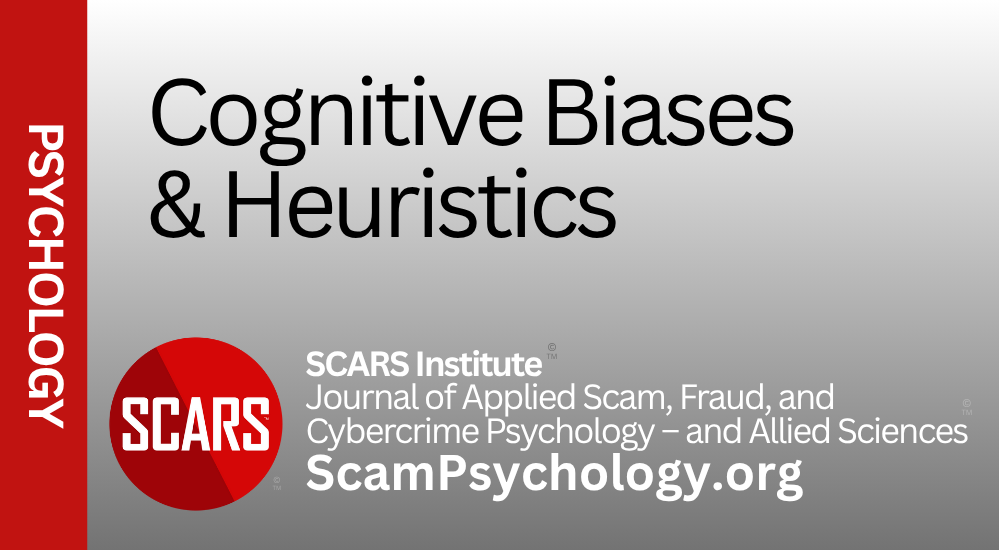
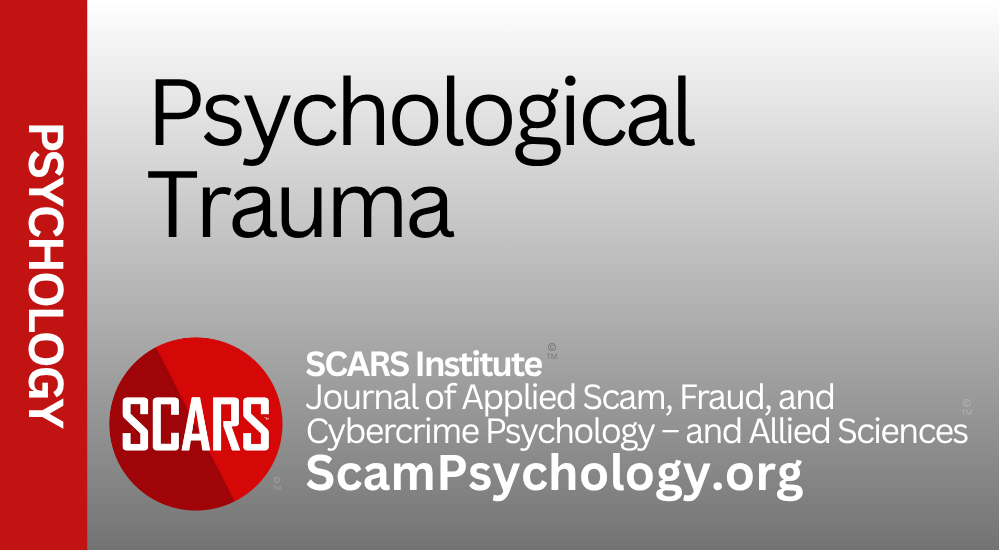
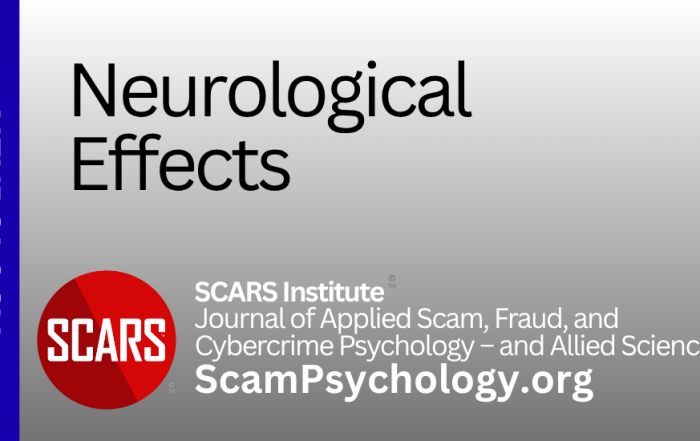

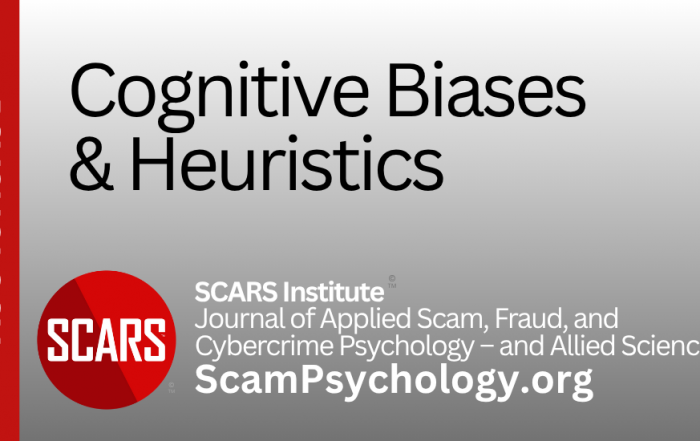


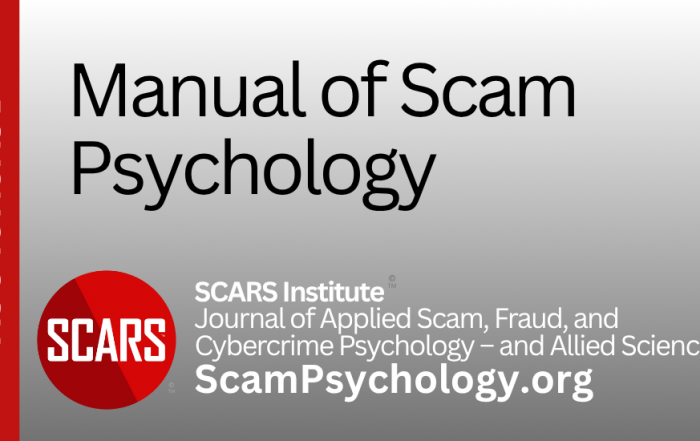

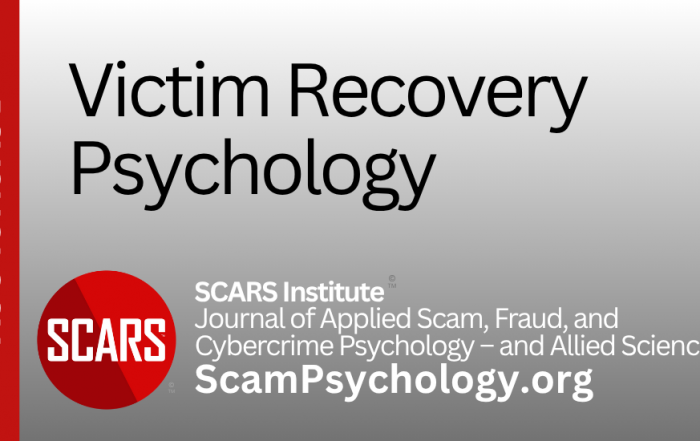


![niprc1.png1_-150×1501-11[1]](https://scampsychology.org/wp-content/uploads/2025/05/niprc1.png1_-150x1501-111.webp)